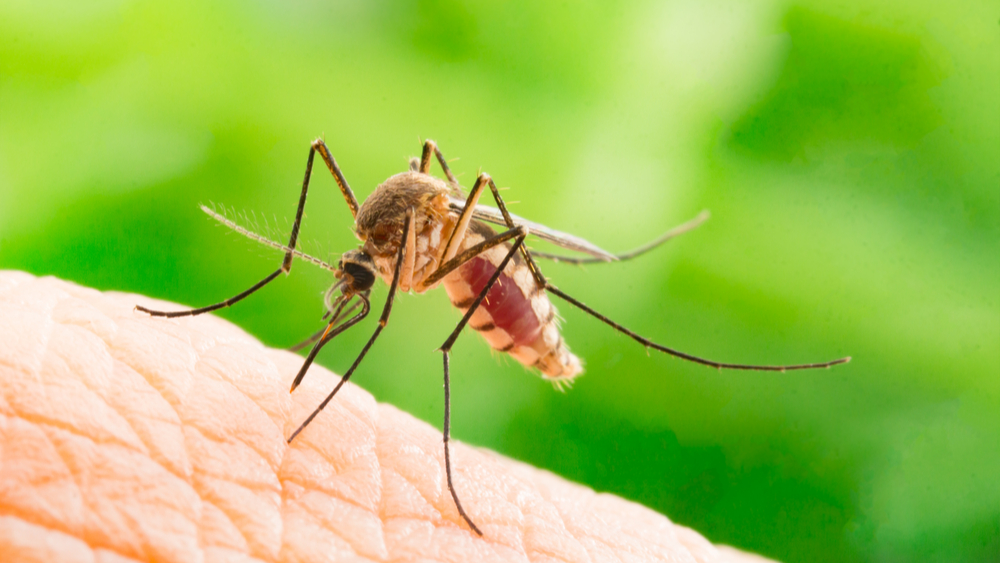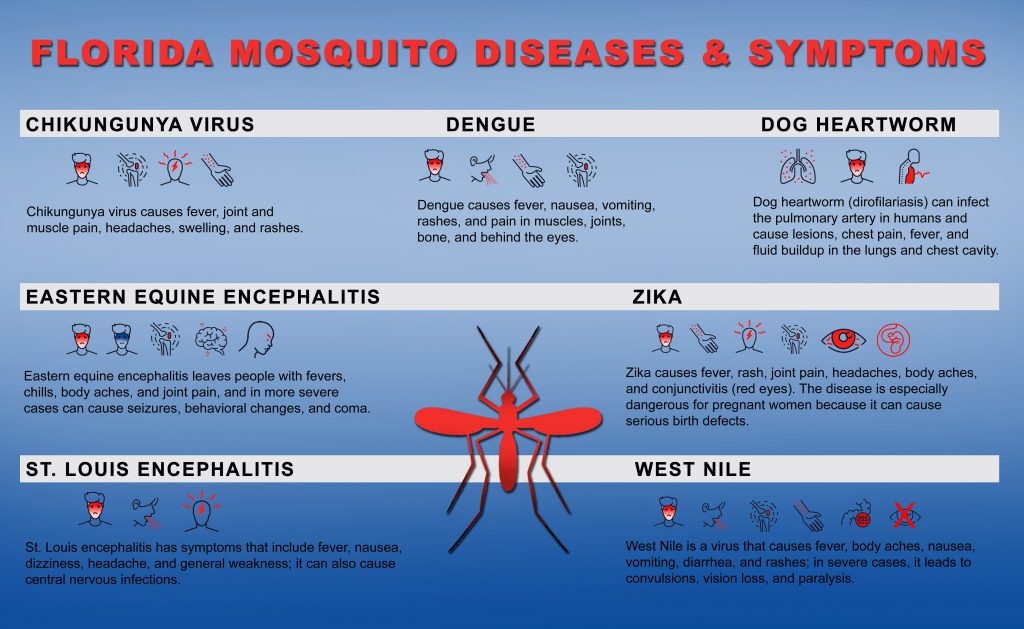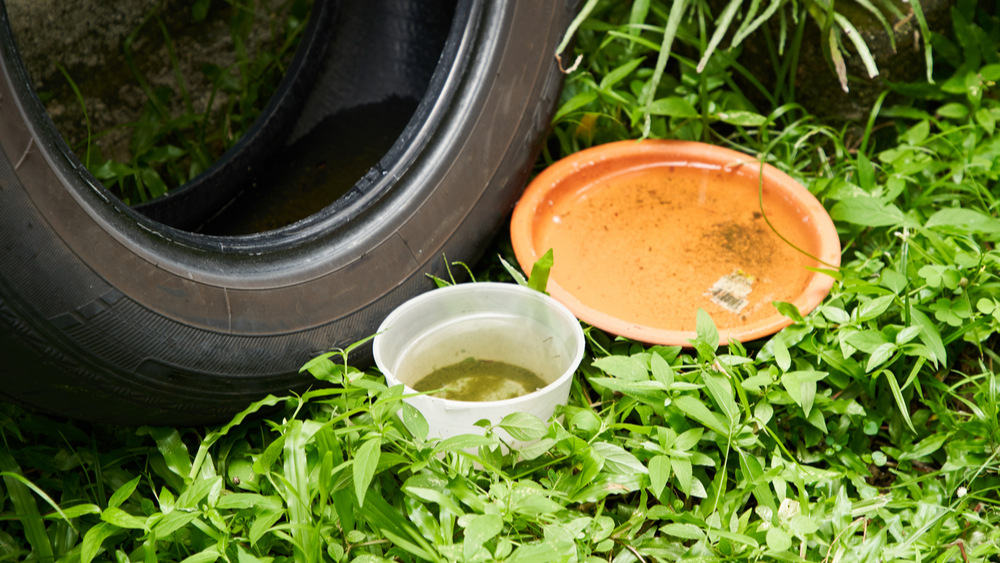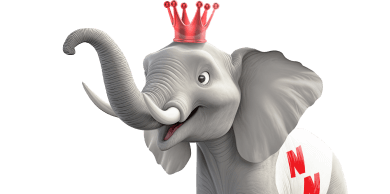
The last thing South Florida needs is yet another variety of mosquito to plague our outdoor activities. Nobody invited Aedes scapularis to our fine state, yet the mosquito is now established in Miami-Dade and Broward counties after first being trapped near Everglades National Park in 2019.
In its native Brazil, this mosquito has been shown to spread diseases such as Venezuelan equine encephalitis and yellow fever, which has been absent from the U.S. for more than 100 years. Noted for being an aggressive biter, Aedes scapularis now joins such notorious mosquitoes as Aedes aegypti, Aedes albopictus, Aedes taeniorhynchus, and Culex quinquefasciatus in plaguing the inhabitants of the Sunshine State.
While mosquito activity peaks during Florida’s warm, humid summers, the flying pests start to appear as soon as the temperature reaches 50 degrees, and the eggs they laid in winter begin to hatch. That’s why mosquito season in Florida often starts as early as February and runs through the first part of November. Mosquito season in Florida coincides with hurricane season because the bugs need plenty of moisture to breed.
One thing about every mosquito season is certain: The sooner you start your mosquito-mitigation efforts, the better the chances that the pests will be held in check from spring through the summer and fall.

Why Preparation Is Important for Mosquito Season in Florida
More than 80 species of mosquitoes are present in Florida, each of which has its own unique characteristics. But the one mosquito feature they all share, and the feature that strikes fear in the hearts of picnickers and beach-goers, is their long, blood-sucking nose, or proboscis, that is the source of so many infectious pathogens, including:
- Chikungunya virus causes fever, joint and muscle pain, headaches, swelling, and rashes.
- Dengue causes fever, nausea, vomiting, rashes, and pain in muscles, joints, bone, and behind the eyes.
- Dog heartworm (dirofilariasis) can infect the pulmonary artery in humans and cause lesions, chest pain, fever, and fluid buildup in the lungs and chest cavity.
- Eastern equine encephalitis leaves people with fevers, chills, body aches, and joint pain, and in more severe cases can cause seizures, behavioral changes, and coma.
- St. Louis encephalitis has symptoms that include fever, nausea, dizziness, headache, and general weakness; it can also cause central nervous infections.
- West Nile is a virus that causes fever, body aches, nausea, vomiting, diarrhea, and rashes; in severe cases, it leads to convulsions, vision loss, and paralysis.
- Zika causes fever, rash, joint pain, headaches, body aches, and conjunctivitis (red eyes). The disease is especially dangerous for pregnant women because it can cause serious birth defects.
Devising Your Mosquito-Control Strategy
First, you want to protect yourself and your loved ones from painful bites and potentially dangerous diseases by using an EPA-listed insect repellent. As difficult as it can be in the warm Florida summer, wearing long sleeves and pants can reduce the risk of being bitten by mosquitoes.
The most effective way to control mosquitoes is by giving them fewer opportunities to propagate. Mosquitoes lay their eggs in three types of water habitats:
- Permanent sources that are wet almost all the time.
- Floodwater habitats that shift between dry and wet depending on weather conditions.
- Containers that are both natural, such as tree holes, and created by humans, including old tires, buckets, and water basins.

The key to stopping mosquitoes around your home is removing the water sources they need to lay their eggs.
- Screen the top of standing water sources such as rain barrels to prevent mosquito eggs from hatching there.
- Dispose of any containers that could collect standing water, including bottles and cans, food containers, and plastic grocery bags.
- Remove vegetation that has fallen from trees, including Areca palm fronds, which can hold water when on the ground.
- Keep roof gutters free of leaves and other material that can cause water to back up in the eaves.
- After rainfalls, check your yard for areas where water is pooling or doesn’t drain well.
In some situations, mosquitoes are a bigger problem at a specific time of day, so it’s vital to come up with a treatment plan that addresses the issues affecting your home. This is especially important when you’re planning a barbecue or other outdoor event.
These situations call for methods that go beyond candles and aerosol sprays found at your local hardware store. A pest control professional, such as Nozzle Nolen, will offer misting services to control active mosquitoes and mosquito buckets/traps to control future populations.
Getting Started With Nozzle Nolen
The mosquito season in Florida seems to cover nearly every month of the year, which is why services such as Nozzle Nolen’s 365 Complete Home Protection plan comes in handy. The plan keeps your home free of roaches, ants, wasps, rodents, and Subterranean and Drywood termites. In addition, mosquito services can be added to the 365 complete plan. There’s no better way to get year-round protection in a plan that’s customized to your needs.
Nozzle Nolen has provided expert pest control services to the residents of South Florida for more than 70 years. Don’t let the mosquitoes win this mosquito season. Enjoy your outdoor BBQs and time with loved ones with the peace of mind that they are safe and your property is mosquito-free. Call us at 800.226.6536 or Contact Us. We look forward to serving you.




